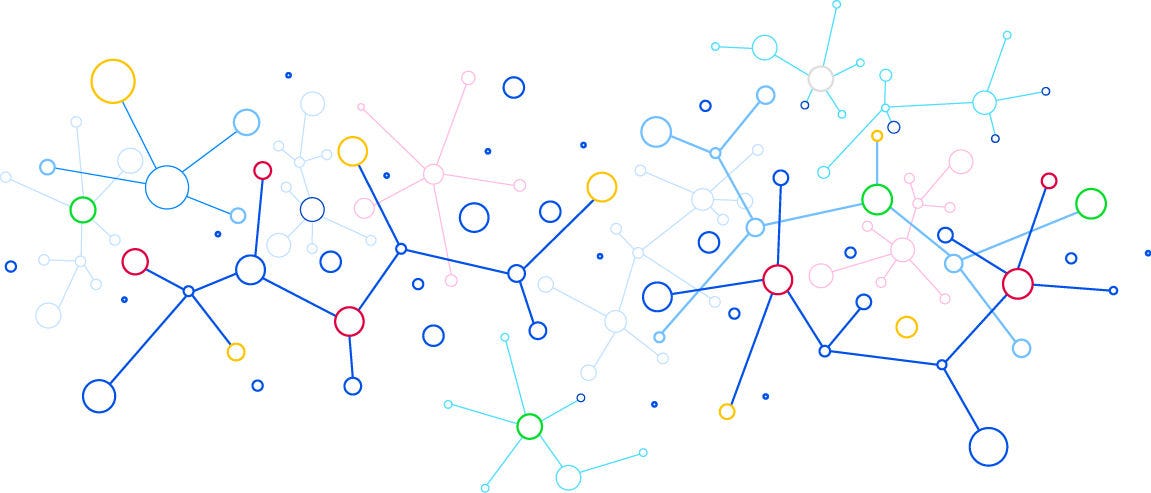International co-operation and collaboration in science can be aided by technologies but what is more important and more difficult to build and maintain is trusted relationships. Internationally agreed principles and frameworks are important in this regard and an area in which OECD is active and has produced several recommendations. The implementation of these recommendations by countries is regularly monitored and they are updated as necessary to reflect major new developments. For example, the recommendation on enhanced access to data from publicly funded research was amended in 2022 to include access to research software.
International collaboration in science
Science is inherently international. Researchers and research institutions co-operate with each other across national borders and a high proportion of scientific publications include co-authors from different countries. Maintaining a well-functioning international research ecosystem is an important focus for science policy.

Key messages
Whilst science and related technological innovation is an important motor for national economic development and there is strong competition between countries, co-operation is essential to address global challenges. Balancing competition and collaboration is a long-term policy challenge. It is particularly problematic for countries and institutions that have limited scientific resources and capacity, and which are often those most acutely affected by global crises.
Policies to promote International scientific co-operation to address shared challenges need to address research conduct and scientific advisory processes. They need to embrace inclusion and equity. Measures need to be implemented to ensure that all research contributions are valued, and the outputs and benefits of science are shared.
Some very large research infrastructures, such as telescopes or nuclear research facilities, are dependent on resources - including financing, technologies and personnel - from multiple countries. These, and many other smaller scale facilities, service the international research community and are often embedded in international networks. They are meeting places for scientists who work together from across the world.
There are many challenges for ensuring the sustainability of research infrastructures and fully exploiting their potential not only to enable exciting discoveries but also, as happened during the COVID-19 pandemic, to develop solutions to urgent societal challenges.
There is growing concern in many countries about leakage of scientific information, interference in research and misappropriation of scientific outputs by foreign state and non-state actors. This encompasses a number of detrimental research practices – theft, coercion, deception – as well as breaches of confidentiality and distortion of peer review processes. It has significant implications for international mobility and talent exchange programmes. In addition, there are particular challenges related to cyber-security.
Having trusted partners – individuals, institutions and countries – is essential for international research to operate effectively and for it to continue to maintain political and public support. Hence, a range of policy measures are being taken by governments and institutions to ensure that research security risks are properly assessed and managed. However, balancing security and academic freedom is not always straightforward in a rapidly evolving geopolitical landscape.
Open science encompasses a range of efforts to make scientific outputs more widely accessible and strengthen societal engagement with science. Ultimately it is expected that open science will strengthen the integrity and efficiency of research, accelerate scientific progress, enable innovation and promote trust in science. Open science policies focus on three main areas:
- Open access to scientific information and publications
- FAIR (findable, accessible, interoperable and reusable) data and software
- Societal engagement
International co-operation is essential both for making open science a reality and for ensuring that the benefits are shared. This is immediately obvious, for example, regarding research data addressing global challenges and international crises. Policies are required to support international frameworks and standards, infrastructure and networks, and training and capacity building. New incentives are necessary to encourage researchers and other data providers to make their data FAIR.
Context
Percentage of scientific publications involving international collaboration
The percentage of papers that involve a co-author from at least one foreign country has been steadily increasing across OECD countries. This is an indication of the growing importance of international co-operation in science. While percentages differ across disciplines the trend of increasing international co-operation is shared.
Internationalisation in public research
Open and enhanced access to publications and research data
Related publications
Programmes
-
The Global Science Forum (GSF) supports countries to improve their science policies and share in the benefits of international collaboration.Learn more
Related policy issues
-
There is fierce international competition for scientific talent, and building and maintaining a productive and inclusive research workforce is a major challenge for science policymakers.Learn more
-
Research Infrastructures (RIs) play a key role in enabling and developing research in all scientific domains. Optimising their organisation, sustainability and impact has become of prime importance for research funders and decision-makers.Learn more
-
The research workforce is not representative of the diversity of societies as a whole. Whilst the pattern differs across disciplines, countries and employers, the overall picture is that women tend to be under-represented and are confronted with a glass-ceiling that blocks them from acceding to higher grade positions. The situation is even worse for a number of other groups. Factors such as socio-economic and ethnic backgrounds have a major influence on decisions to enter and persevere in research.Learn more




